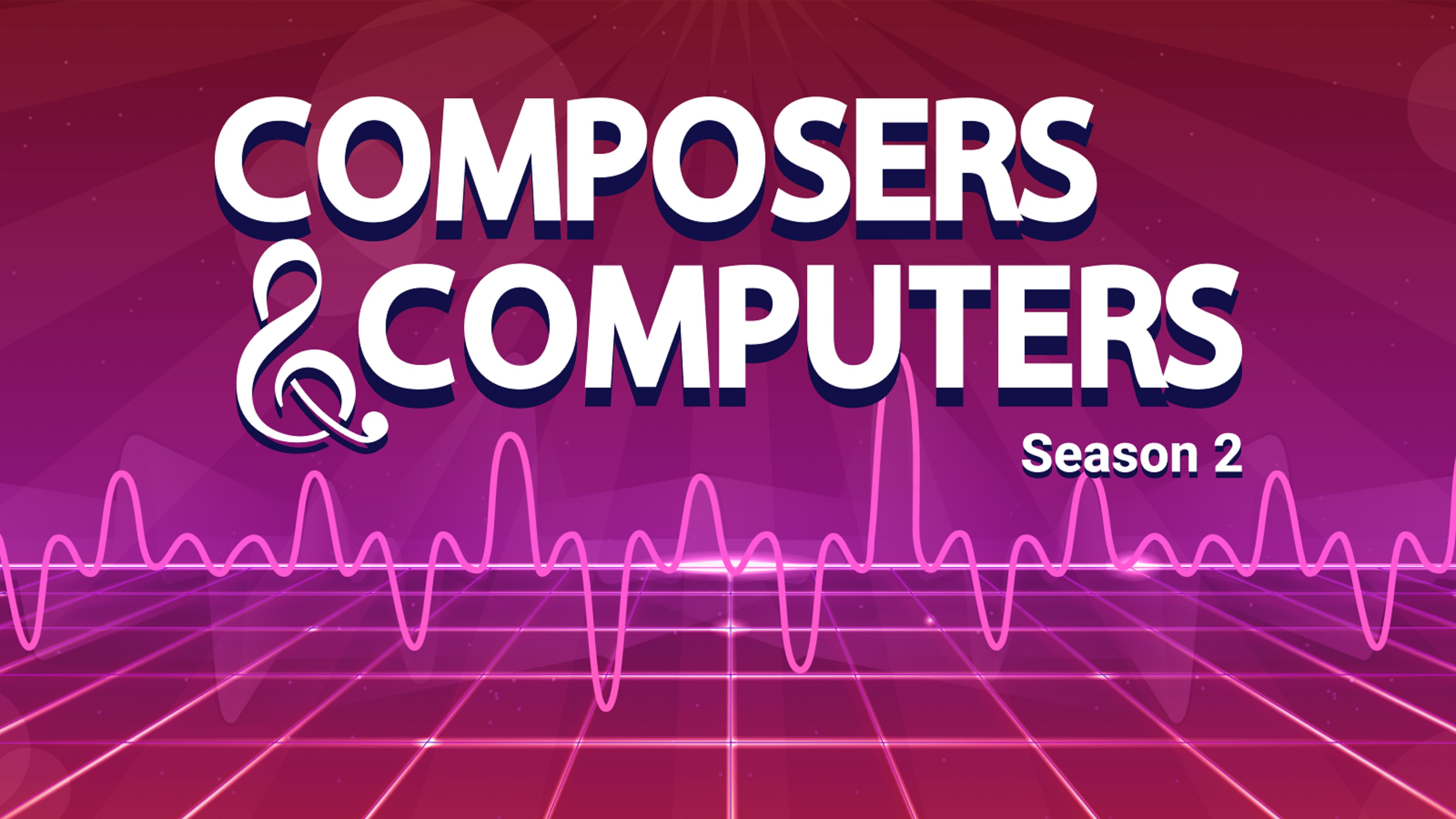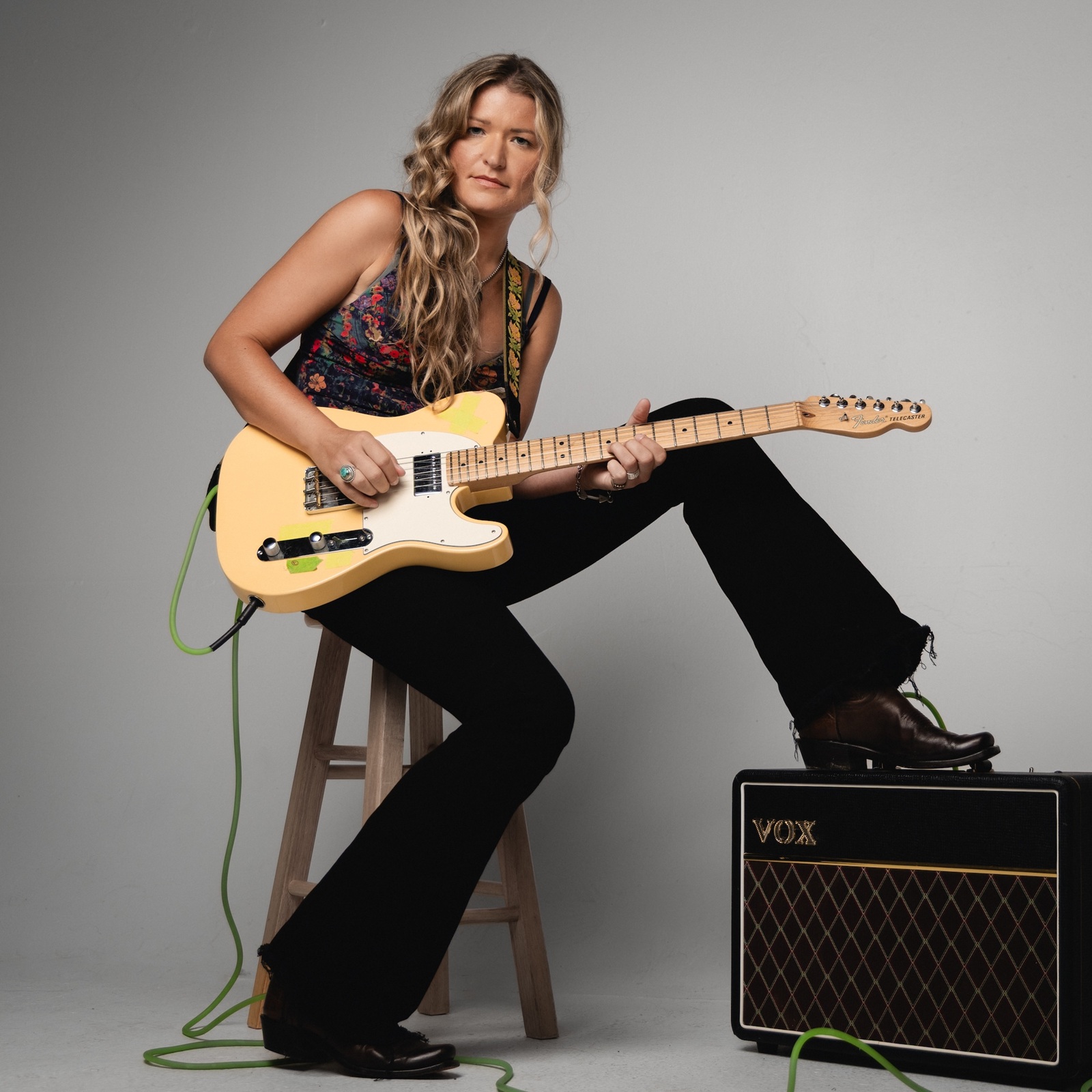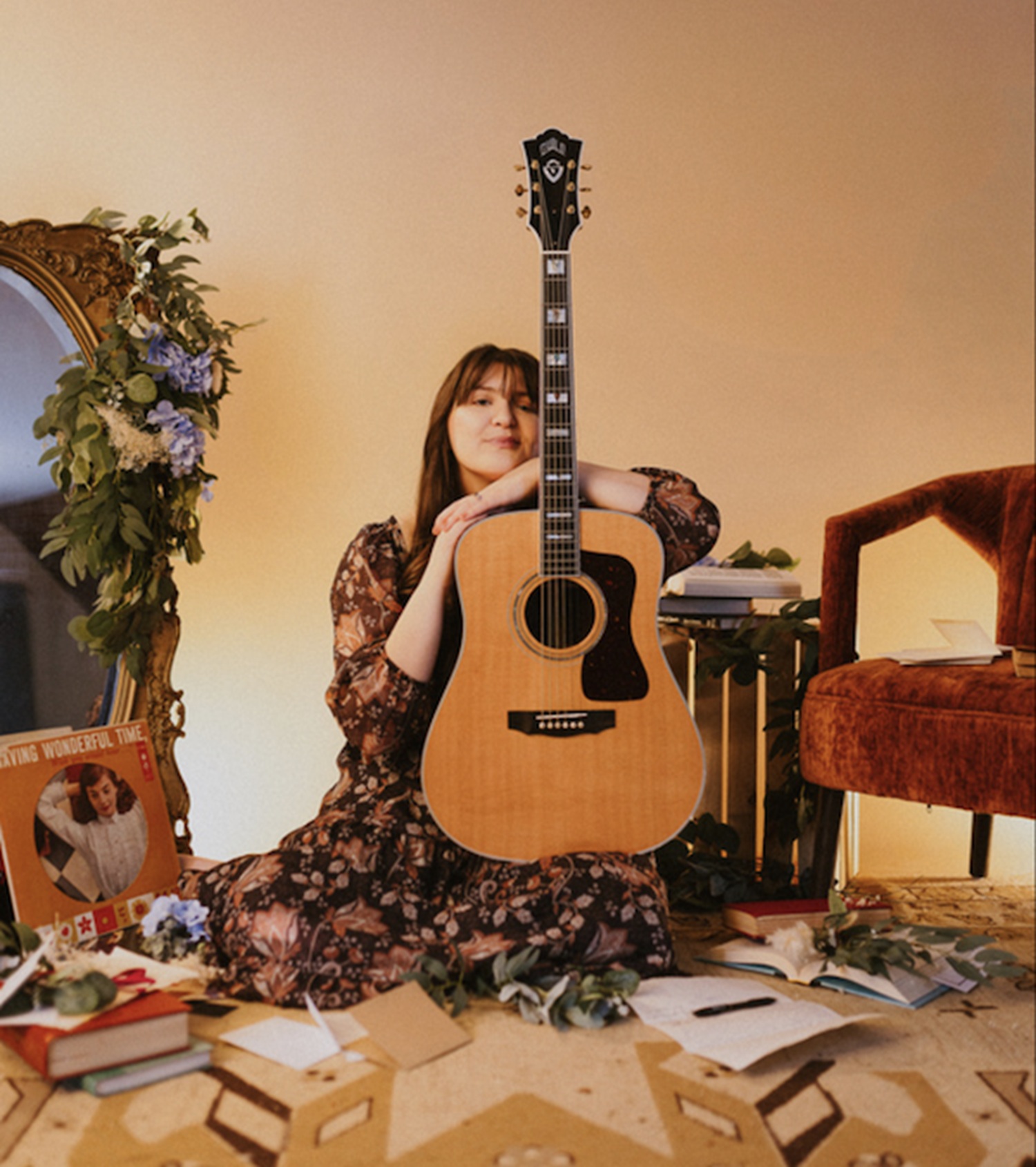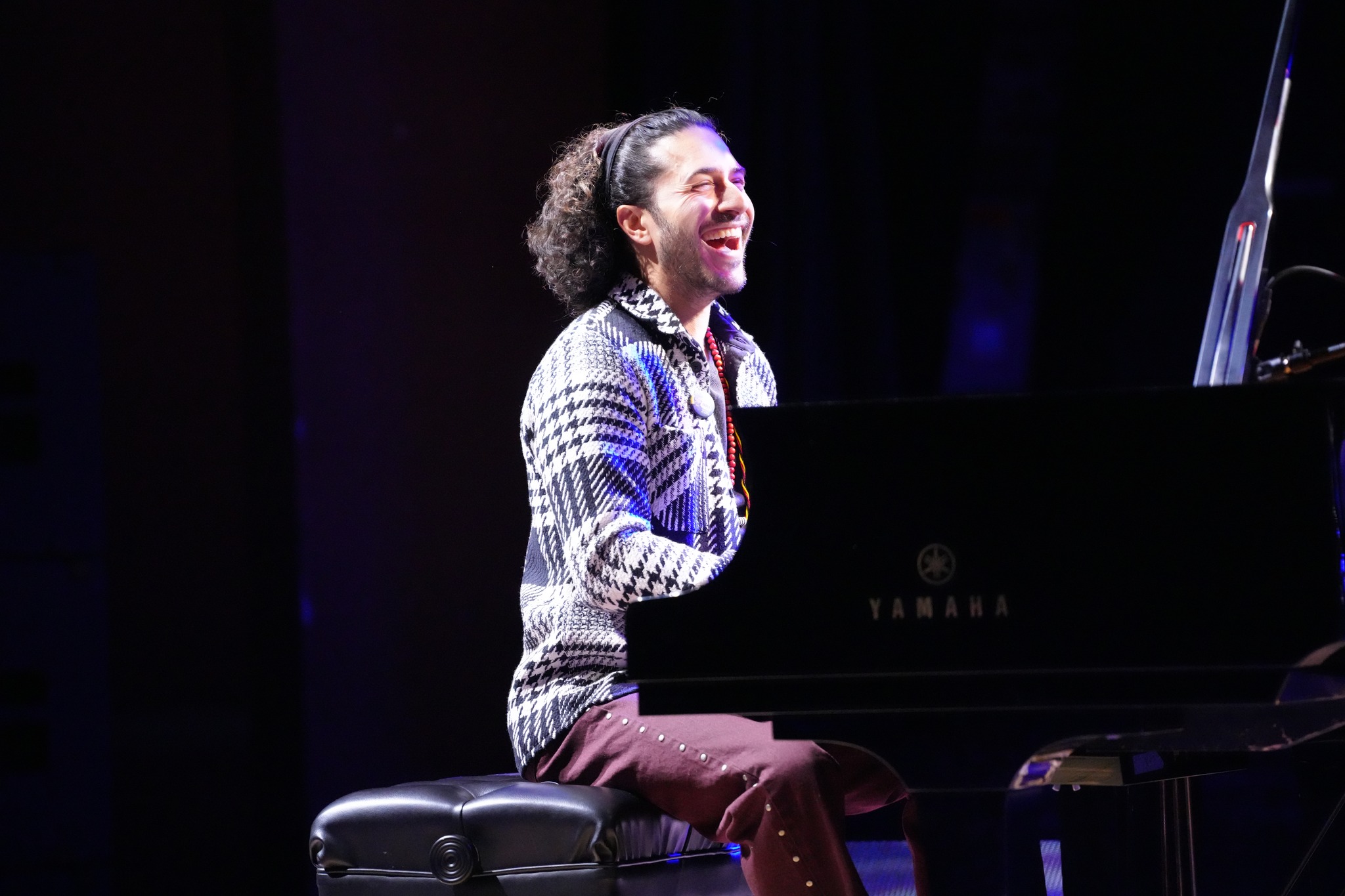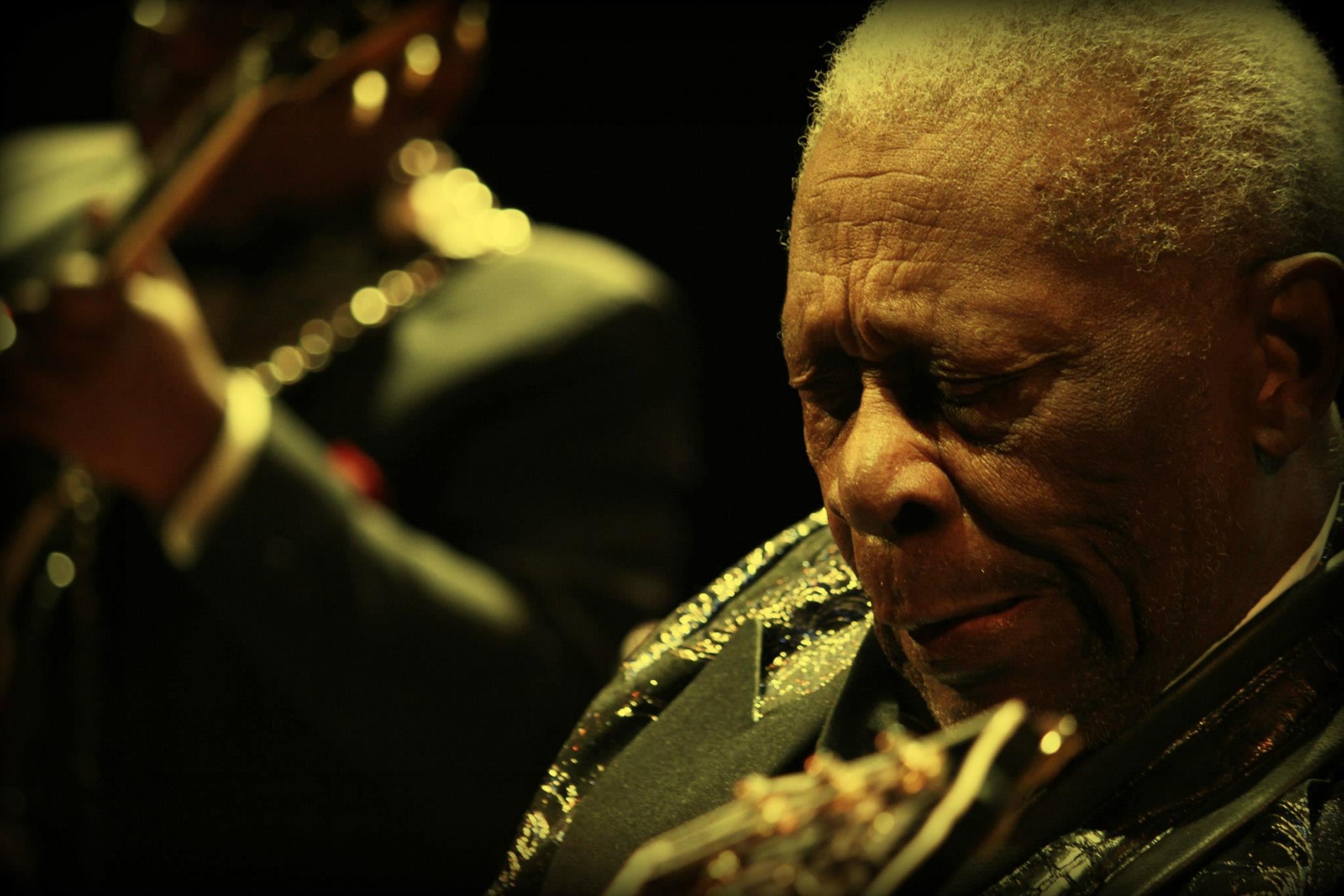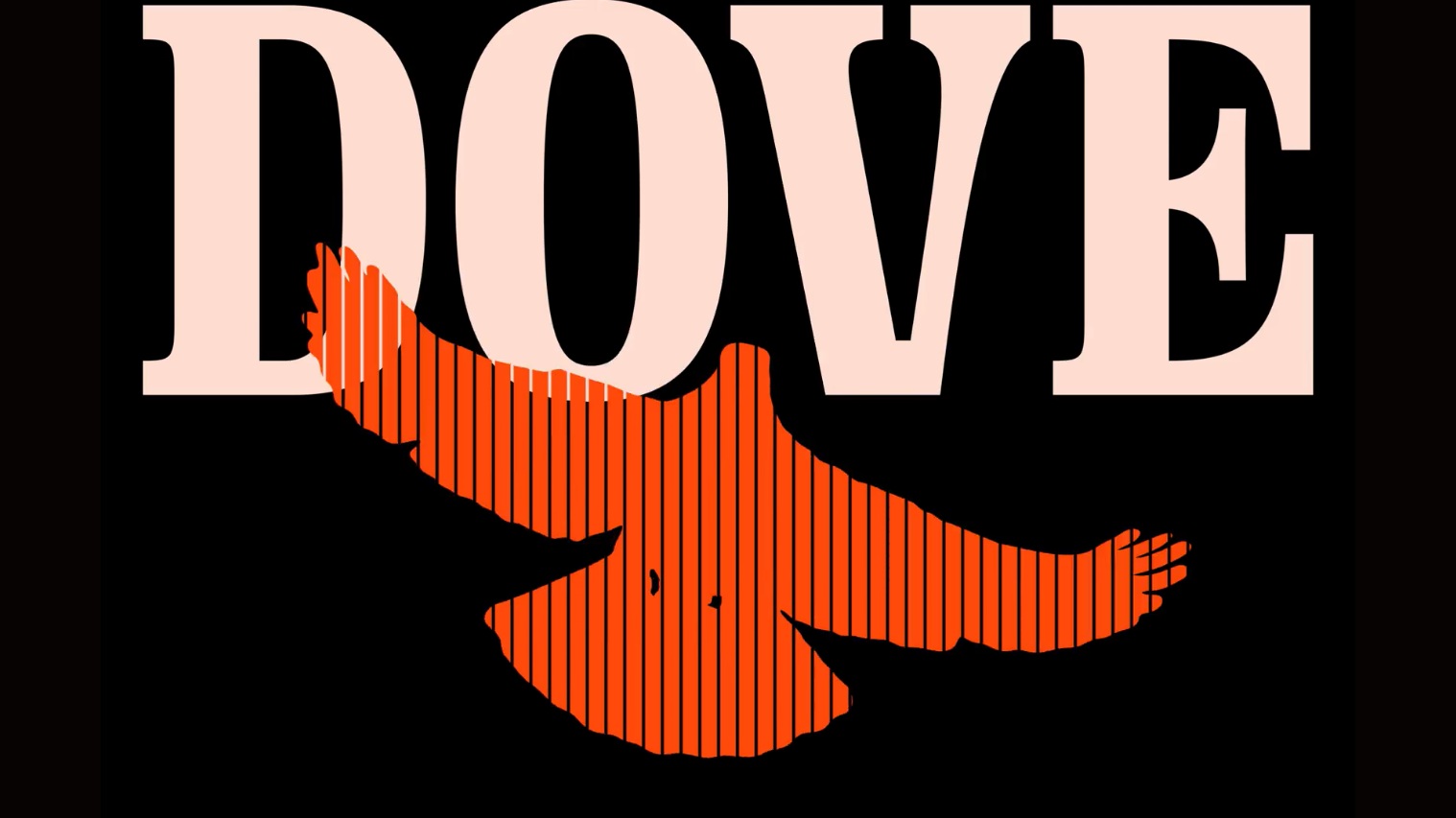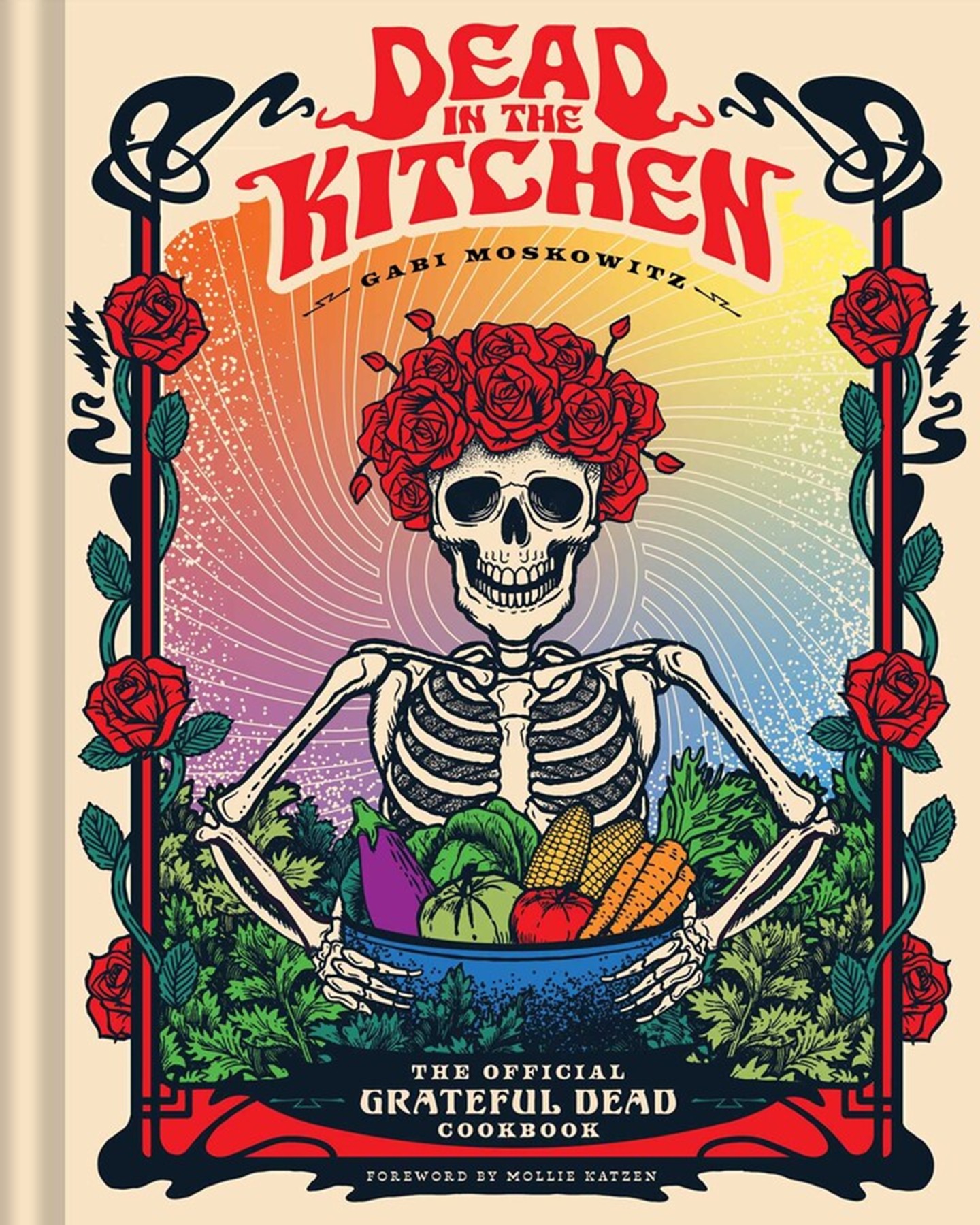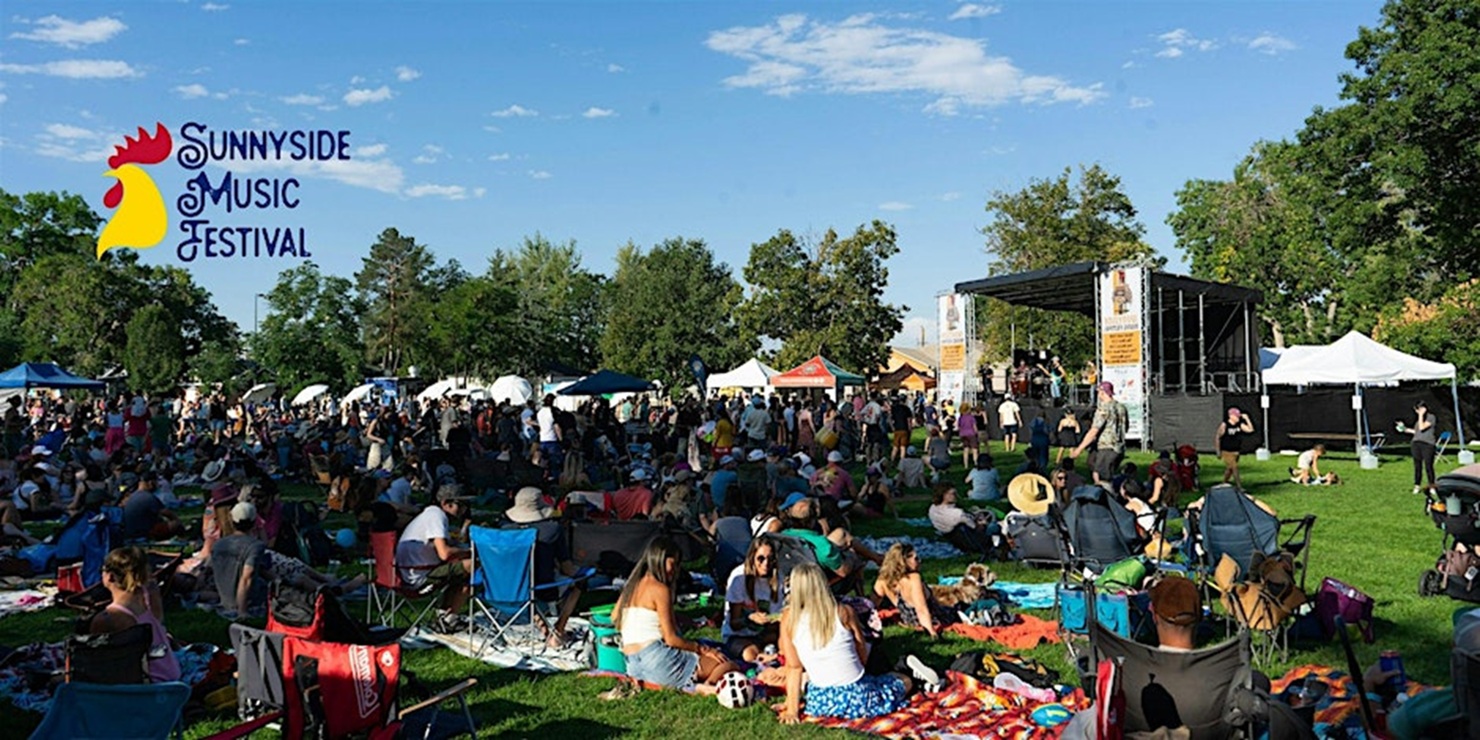Jazz guitarist Stanley Jordan, a Princeton alumnus best known for the virtuosity of his innovative two-hand touch technique, recalls his lesser-known past at the cutting edge of computer music in the 1970s and 80s, in a new podcast released today by the Princeton University School of Engineering and Applied Science. The podcast, available at this link, is also being released with the support of the Princeton University Department of Music.
“Composers & Computers” Season 2 explores the story of the best-known touring artist to have come through Princeton’s pioneering computer music program. The program was created as an interdisciplinary venture of Princeton’s music department and engineering school. It generated consequential digital music synthesis tools, which made possible the sound-generation technology we take for granted today.
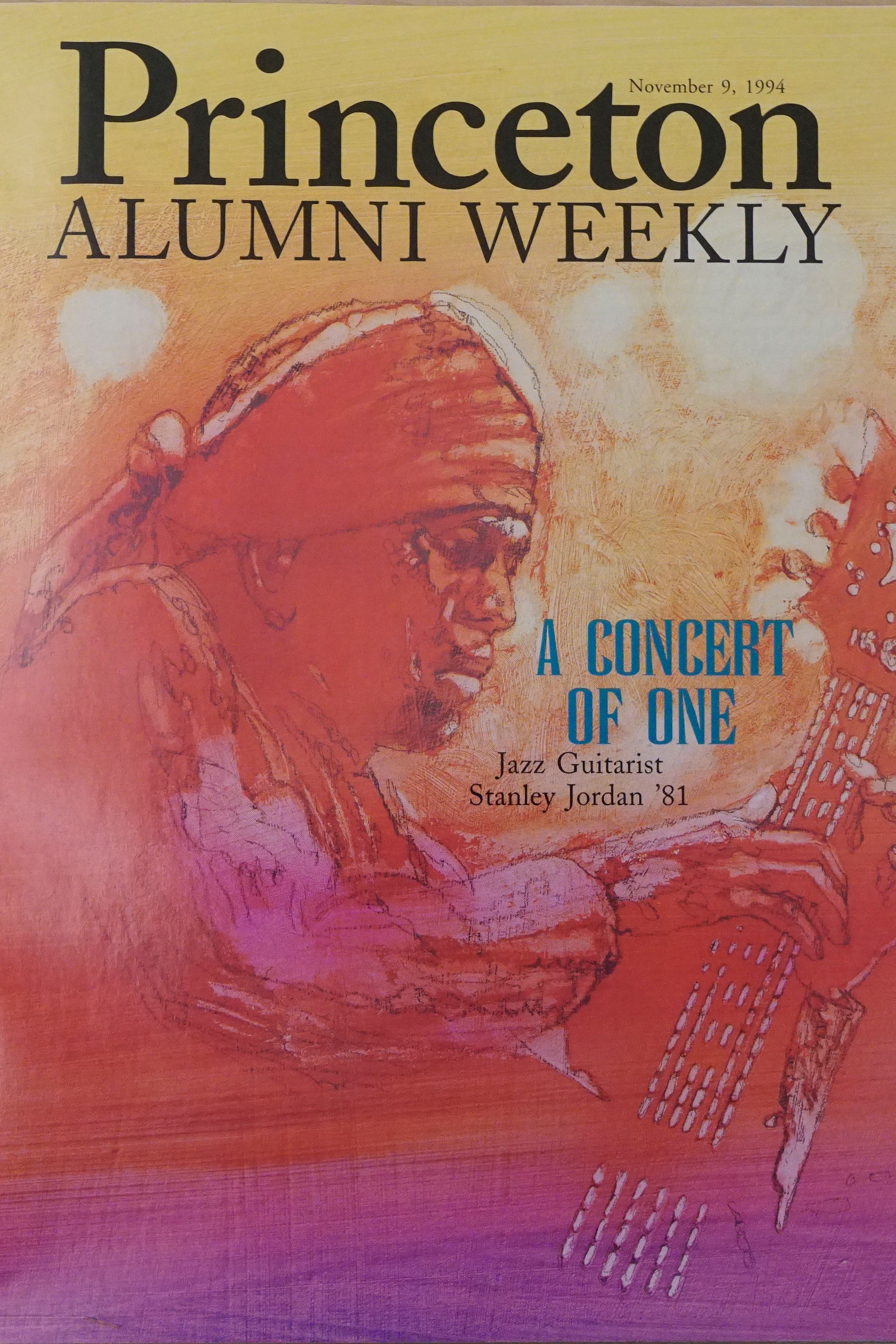
That reputation attracted Jordan to Princeton, where he got to study with well-known computer musicians like Paul Lansky, as well as electronic music innovator and adventurous composer Milton Babbitt. Jordan graduated from Princeton in 1981 with an undergraduate degree in music.
Jordan tells the story of his late nights creating his computer compositions in his dorm room, but being unable to hear them in real time. After having his punch cards processed into digital tape at the campus computer center, he wandered over to a sub-basement lab in the Engineering Quadrangle, where a digital-to-analog converter finally revealed his composition’s sound – which inevitably included an error, forcing him to start over.
“The idea was so thrilling for me, because I had this sound in my head, and I knew that if I could just get the right numbers, create the right code, I knew there was a way to realize that sound,” Jordan said. “So I didn’t mind trudging through the snow at midnight. I think sometimes when something is challenging, I think it’s more meaningful.”
The four-part podcast season premieres on March 19, with new episodes released for each of the next three Wednesdays. It’s filled with samples of Jordan’s music. Although none of his computer music from that era survives today, Jordan had some notes from one piece. He spent more than 50 hours recreating that piece, “Haydn Seek,” exclusively for this podcast. It will be played in Episode 3.
Episode four will feature an interview with 98-year-old Bethany Beardslee, the soprano who worked with Babbitt to create some of his most enduring compositions. She is also the widow of computer music pioneer and Princeton alumnus and faculty member Godfrey Winham. Their son, Chris, appears on the episode as well.





